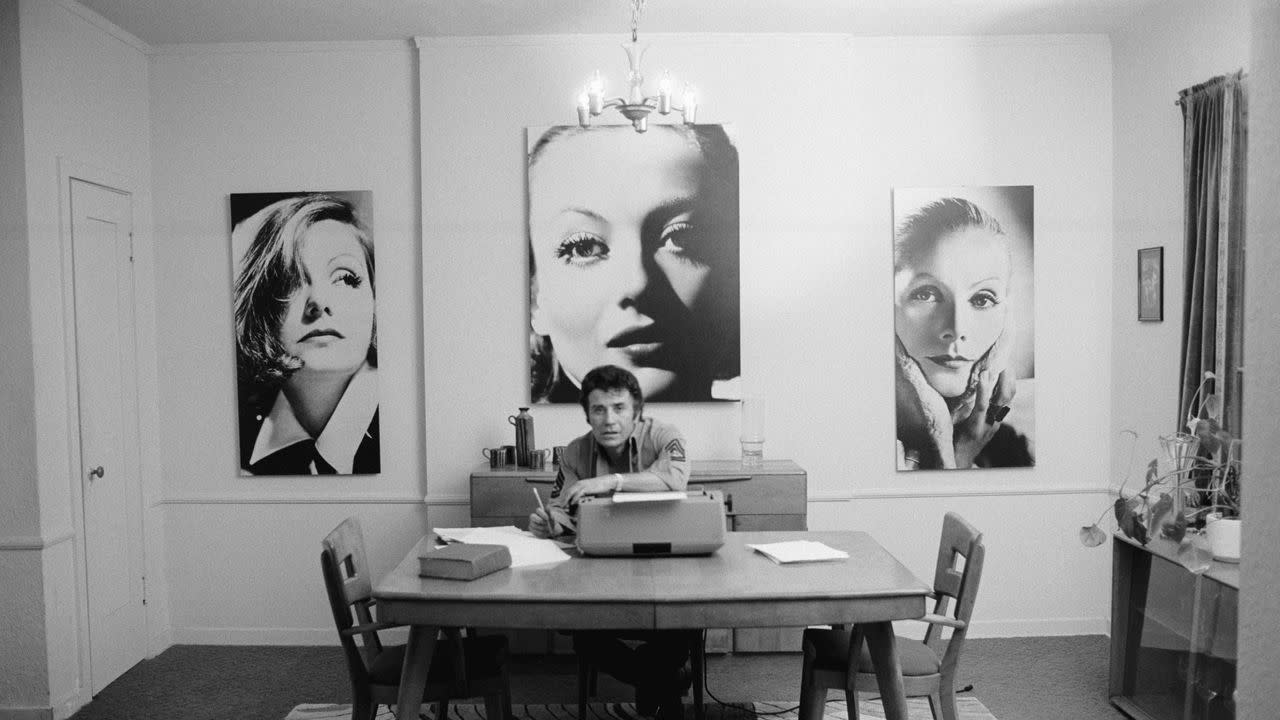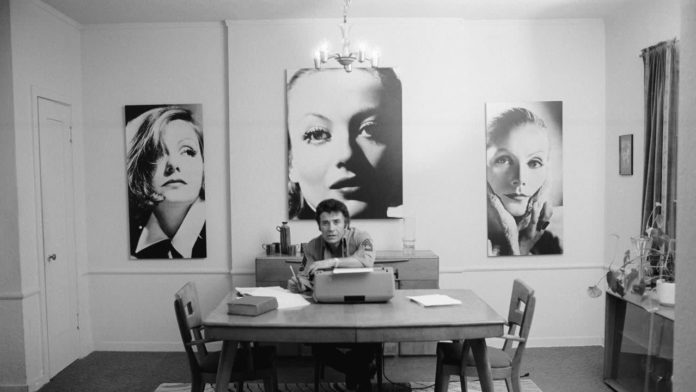
Pride Month is celebrated every June to commemorate the 1969 Stonewall Uprising in New York City, considered the start of the modern LGBTQ civil rights movement. But generally overlooked is the Latino connection to LGBTQ history, which started 10 years earlier.
Why it matters: Mexican Americans and Puerto Ricans played key roles in demonstrations around the country that started as early as 1959 and often resulted in clashes with police.
Stay on top of the latest market trends and economic insights with Axios Markets. Subscribe for free
Details: Mexican American writer John Rechy took part in the largely forgotten 1959 Cooper’s Donuts Riot in Los Angeles — 10 years before Stonewall and on the other side of the country.
-
The uprising began after police tried to arrest El Paso, Texas-born Rechy and other LGBTQ patrons just for hanging out in Cooper’s Donuts, a popular gay meeting place.
-
Transgender women, however, began pelting officers with donuts, coffee and plates until the officers retreated. More officers returned for an encounter historians say was one of the first modern LGBTQ uprisings in U.S. history.
-
Rechy would write about the episode in his 1963 novel, “City of Night,” which became a classic in gay literature, earning praise from writer James Baldwin and inspiring “L.A. Woman” lyrics by The Doors.
Sylvia Rivera, a Puerto Rican/Venezuelan American transgender woman, co-founded the Street Transvestite Action Revolutionaries (STAR) with Marsha P. Johnson shortly after the Stonewall Uprising.
-
She is sometimes credited with throwing one of the first bottles at police during Stonewall, though some historians have disputed that and say other Hispanic transgender people were involved.
-
Rivera helped link the Puerto Rican radical group Young Lords to LGBTQ liberation. She advocated for transgender rights until her death in 2002.
Context: To commemorate the 50th anniversary of Stonewall, New York City announced Rivera would be immortalized with a monument near the Stonewall Inn.
Don’t forget: The National Association for Chicana and Chicano Studies filed an amicus brief to fight an anti-gay law in Colorado in 1994. The case went to the Supreme Court and the law was tossed.
But: In 2019, college students of the historic group Movimiento Estudiantil Chicanx de Aztlan (Chicano Student Movement of Aztlan), or MEChA, voted to drop the word “Chicano” from its name, arguing that some members of the 1970s Chicano Movement were homophobic.
More from Axios: Sign up to get the latest market trends with Axios Markets. Subscribe for free







